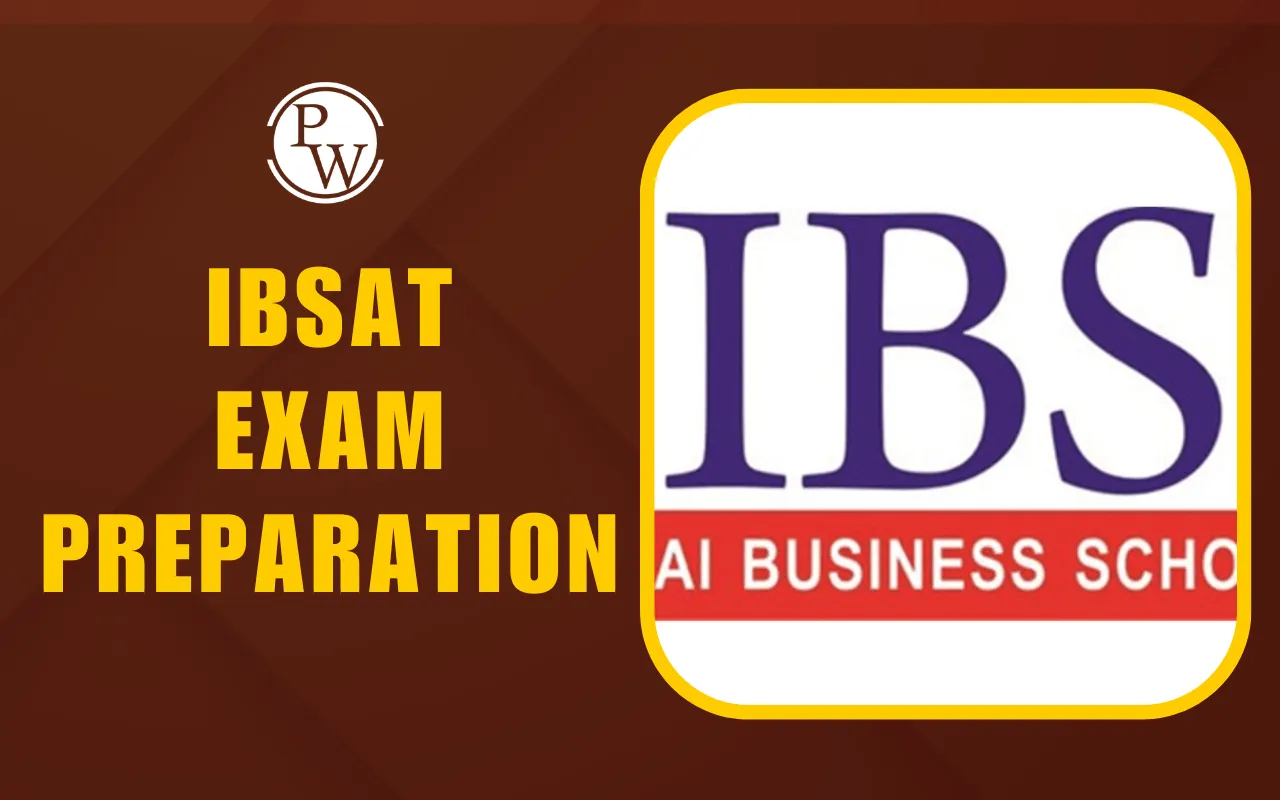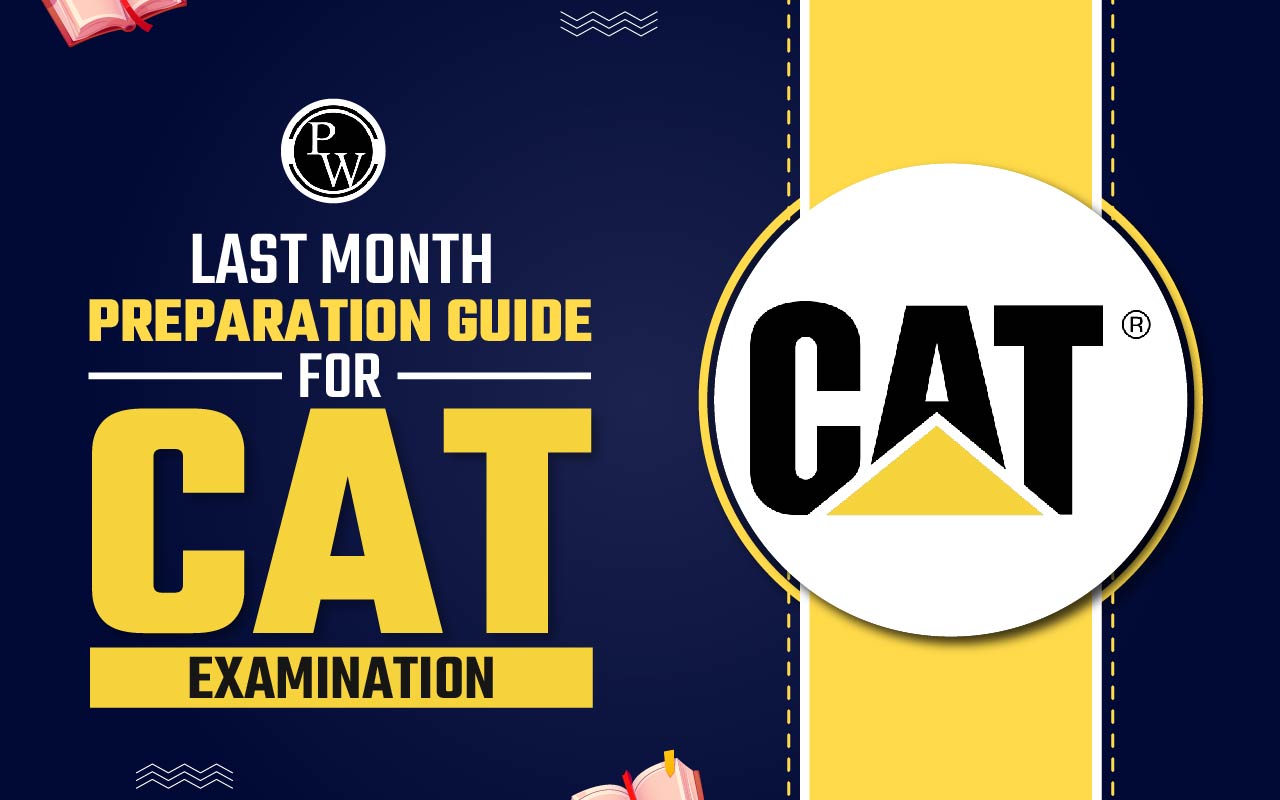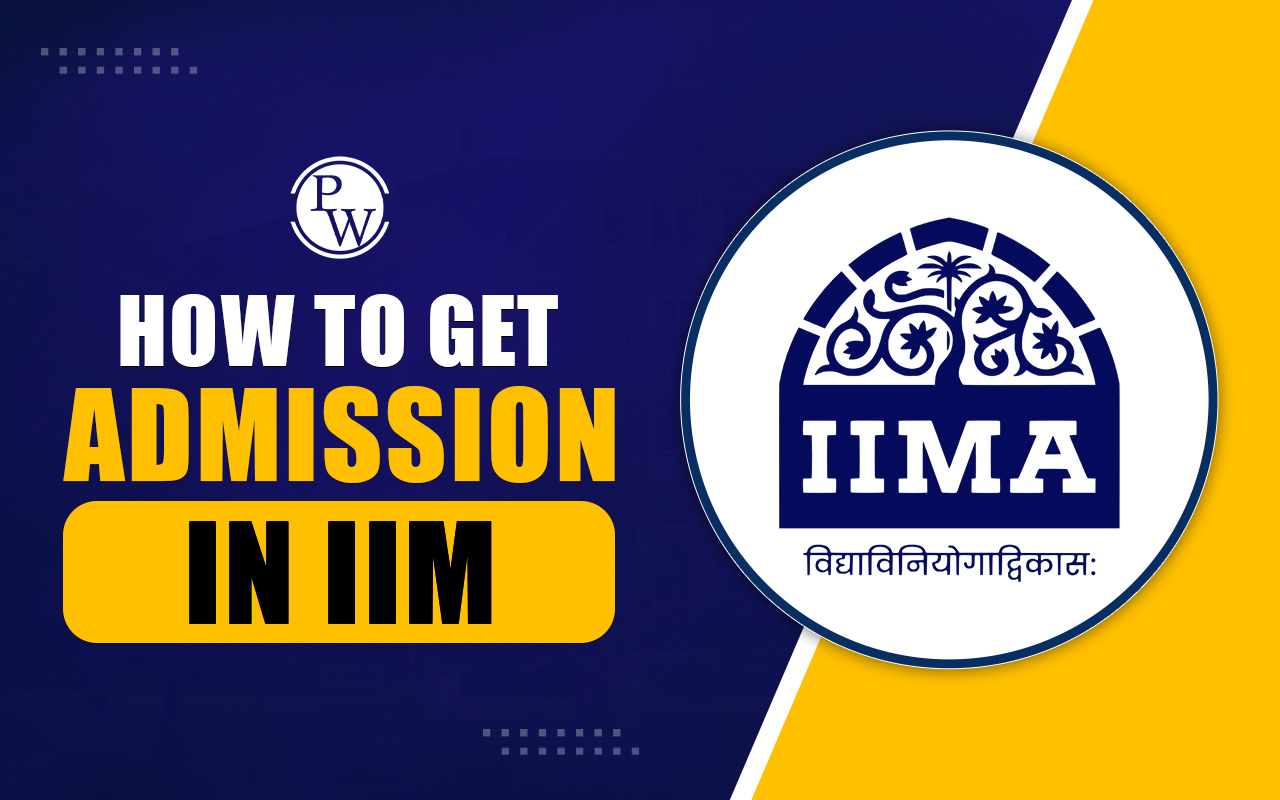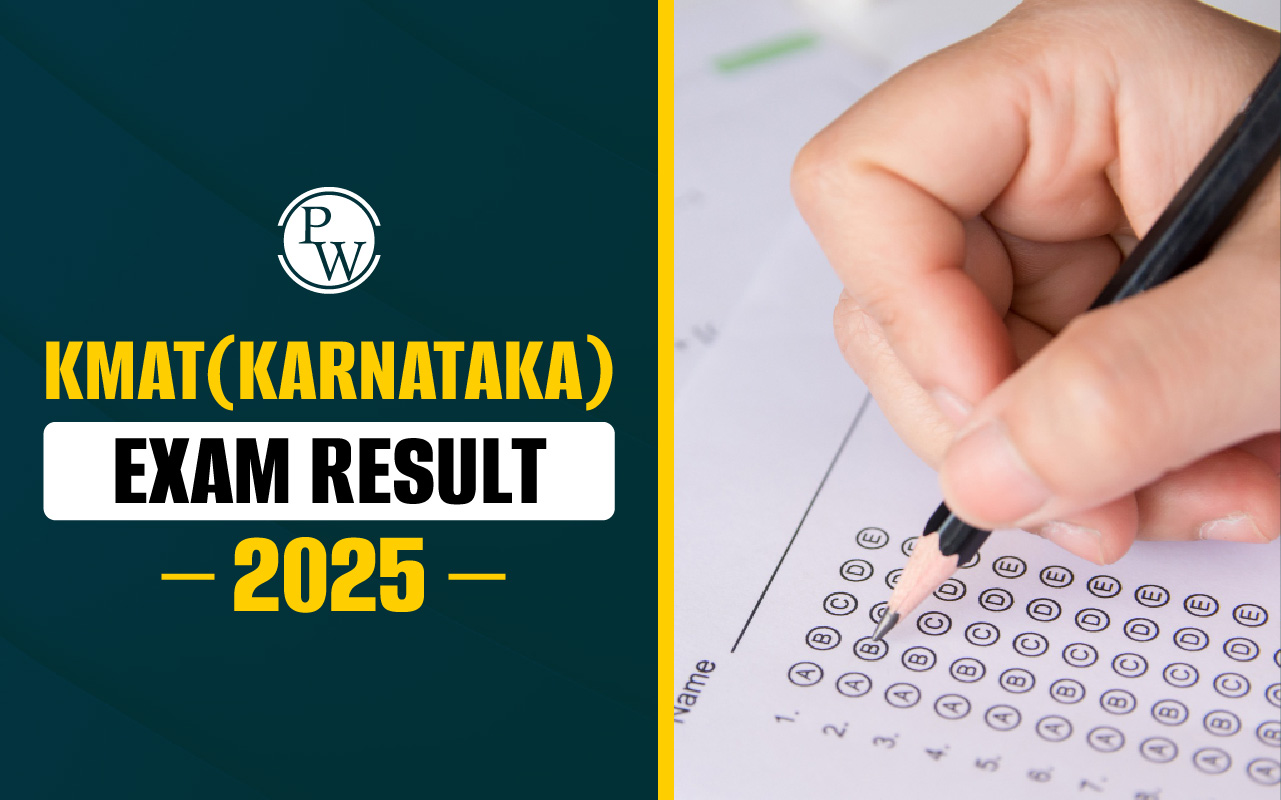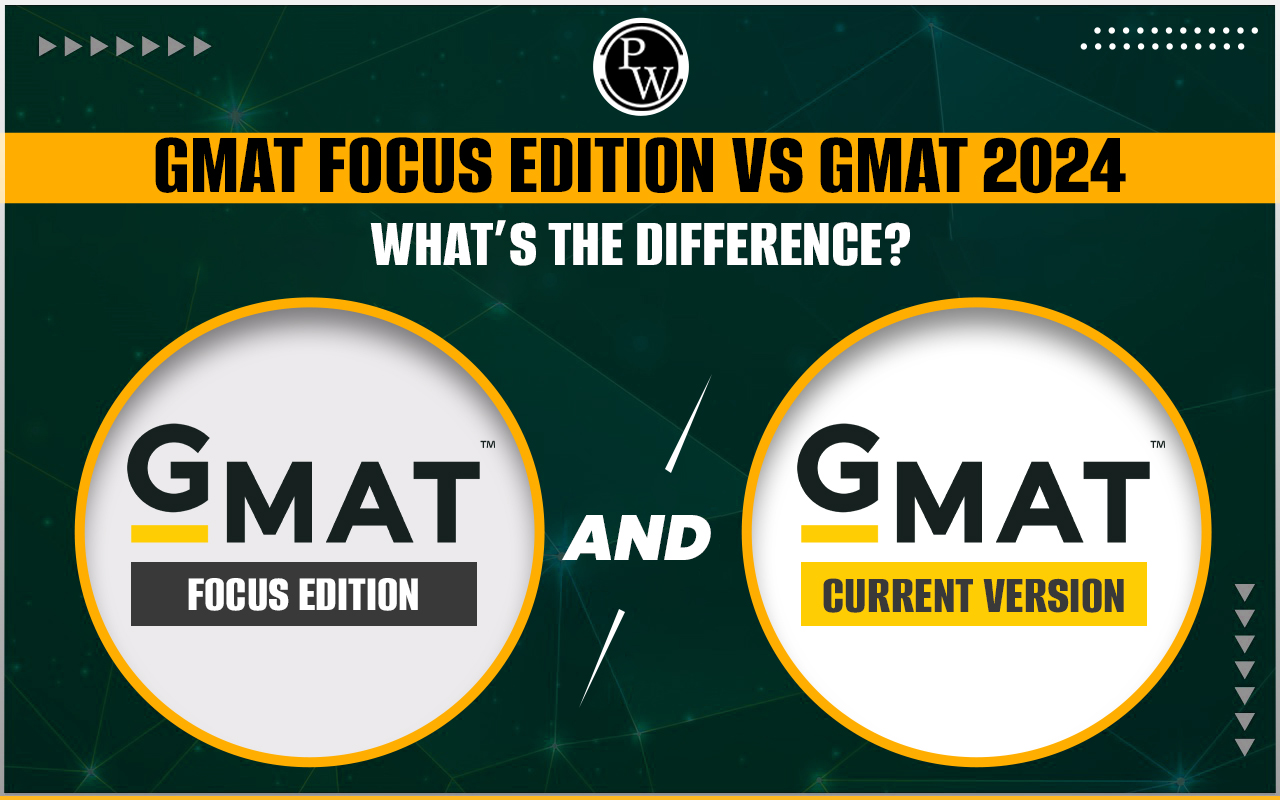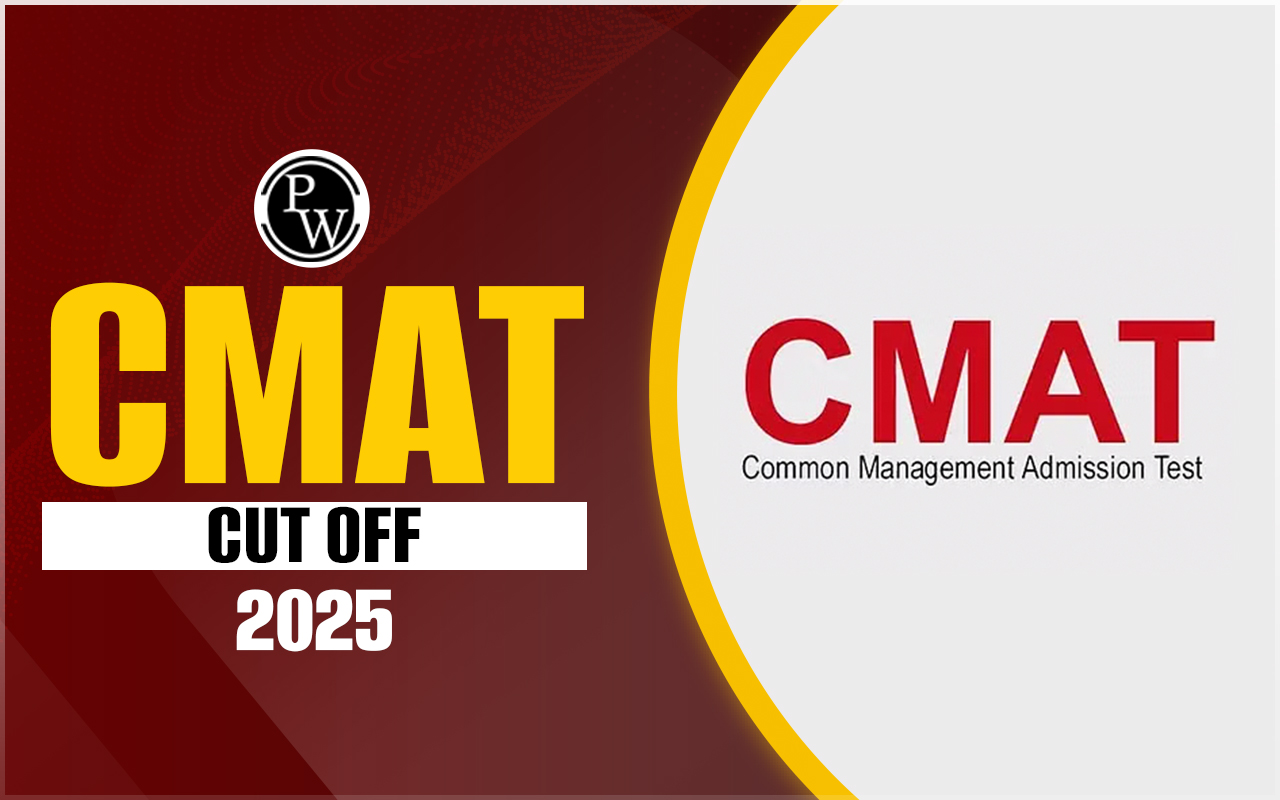
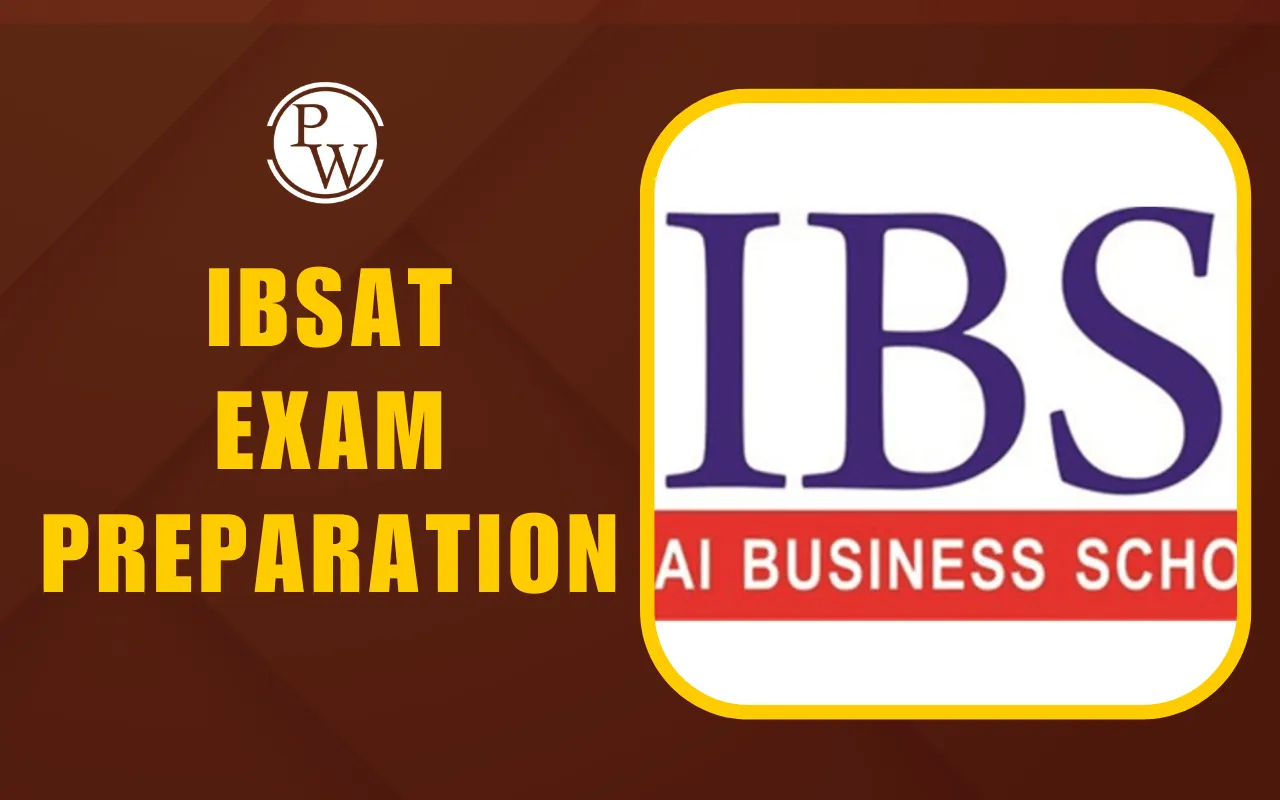
IBSAT Exam Preparation: IBSAT is a national-level MBA entrance exam conducted by ICFAI Foundation for Higher Education for admission into ICFAI Business School campuses across India. Candidates aiming to secure a seat at IBS must appear for this exam as part of the selection process.
IBSAT Exam 2025 is scheduled to be conducted on December 27 and 28, 2025. Although IBSAT is an easy-to-moderate level exam compared to other MBA entrance exams, candidates should still be well-prepared in advance to score well in the exam.
Also Read: IBSAT Registration
IBSAT Exam Preparation Overview
Before starting to prepare for any exam, aspiring candidates need to know everything about the exam, including exam dates, eligibility criteria, registration process, and others. Candidates can check the table below for an overview of IBSAT Exam:
|
IBSAT Exam Preparation Overview |
|
|
Particulars |
Details |
|
Exam Name |
ICFAI Business Studies Aptitude Test (IBSAT) |
|
Conducting Body |
ICFAI Foundation for Higher Education |
|
Frequency |
Once a year |
|
Exam Mode |
Remote-proctored mode |
|
Exam Medium |
English |
|
Registration Fee |
INR 1800 |
|
Eligibility Criteria |
Graduation (any discipline) with 50% or above marks. |
|
Exam Sections |
Verbal Ability |
|
Reading Comprehension |
|
|
Quantitative Aptitude |
|
|
Data Adequacy and Data Interpretation |
|
|
Exam Duration |
120 minutes (2 hours) |
|
Total Number of Questions |
140 MCQs |
|
IBSAT Official Website |
ibsindia.org |
IBSAT Exam Pattern
Candidates should first dedicate their time to understanding IBSAT Exam Pattern in their IBSAT Exam Preparation journey. IBSAT Exam Question Paper consists of 140 MCQs to be answered in 2 hours. Candidates can check the table below to understand IBSAT Exam Pattern:
|
IBSAT Exam Pattern |
|
|
Features |
Details |
|
Number of Questions |
140 |
|
Time Duration |
2 Hours |
|
Number of Sections in the Question Paper |
4 |
|
Exam Mode |
Computer-based Test (CBT) |
|
Marking Scheme |
+1 Mark for each correct answer |
|
No Negative Marking |
|
IBSAT Exam Section-Wise Preparation Strategy
Any kind of national-level entrance exam requires thorough, planned preparation, and the IBSAT Exam is no different. To perform well and score good marks, candidates preparing to appear for IBSAT 2025 can follow the IBSAT Section-Wise Preparation Strategies mentioned below:
Verbal Ability:
Although not extremely difficult, this section can be time-consuming due to the number of questions. A significant portion focuses on vocabulary. Improve your performance by regularly reading complex texts, working on grammar fundamentals, and applying verbal reasoning concepts. Practice comprehension exercises and analyze dense reading materials like essays and opinion columns to sharpen your understanding.
Quantitative Aptitude:
This part tends to be more challenging, requiring focused preparation. While questions are not advanced, they can be tricky and involve lengthy calculations. Focus on mastering core topics like Arithmetic, Algebra, Geometry, and Number Systems. Prioritize conceptual clarity and practice consistently to build a strong foundation.
Reading Comprehension:
Expect inference-based questions that assess your ability to grasp core ideas quickly. Develop the habit of reading editorials, economic articles, and thought-driven texts from newspapers and journals. Speed reading and skimming skills will help manage time effectively, as will learning to break down long sentences and discard irrelevant details.
Data Adequacy & Data Interpretation:
This is one of the tougher sections due to its calculation-heavy nature. Develop analytical thinking by practicing problems related to graphs, tables, logical reasoning, and cause-effect scenarios. Understanding patterns and applying concepts from real datasets can give you a performance edge.
Also Read: IBSAT Selection Process
IBSAT Exam Preparation Tips
An effective IBSAT preparation strategy involves disciplined planning, consistent practice, and frequent self-assessment. Stick to your schedule, revise often, and make the most of online resources and peer support to enhance your chances of success.
-
Build a Timely Study Plan: Begin your preparation by dedicating the initial three months solely to covering the complete syllabus. Allocate equal time to each subject to ensure comprehensive coverage. Choose a format that works best for you—be it a daily study schedule or a 15-day cycle-based plan.
-
Take Smart Notes: While studying, jot down key takeaways, formulas, and shortcut methods. Writing in your own words enhances retention. Create organized notes for each topic, so you have quick-reference material during your final revision phase.
-
Collaborate and Learn Through Peer Discussions: Engage in group study or peer discussions to share insights and learn new approaches. This collaborative learning method is highly effective and allows you to discover new resources and techniques your peers might be using.
-
Solve Sample Papers: Familiarize yourself with the IBSAT question pattern by working on sample and previous years' papers. Practicing under timed conditions (120 minutes) helps track your speed and accuracy while simulating the real exam environment.
-
Make Use of Mock Tests: Once the syllabus is covered, devote the next three months to regular mock tests. This will fine-tune your problem-solving pace and improve familiarity with the exam format. Analyze your performance after each test to identify areas that need improvement.
IBSAT Exam Preparation Important Books
A well-planned IBSAT preparation journey begins with the right resources. Selecting high-quality and reliable study material plays a crucial role in strengthening core concepts and improving performance. With a structured approach and the right set of books, candidates can significantly boost their chances of cracking the IBSAT exam.
Effective IBSAT exam preparation, when supported by trusted and comprehensive reference books, can enhance understanding, improve accuracy, and build test-taking confidence. Below is a curated list of recommended books that can serve as valuable tools in helping aspirants elevate their IBSAT preparation.
|
Books |
Authors |
|
How to Prepare for Quantitative Aptitude for the CAT |
Arun Sharma |
|
Quantitative Aptitude |
Nishit Sinha |
|
Logical Reasoning and Data Interpretation for CAT |
Nishit K. Sinha |
|
A Modern Approach to Logical Reasoning |
R.S Agarwal |
|
Quantitative Aptitude for Competitive Examinations |
Abhijit Guha |
|
Data Interpretation and Data Sufficiency |
Ananta Ashish |
PW MBA Online Coaching conducts regular live classes to improve candidates’ comprehension of the CAT syllabus topics and create a solid understanding of fundamental concepts. By enrolling in the PW CAT Coaching Class, candidates get access to daily practice papers, mock tests, etc., which familiarise them with the question types and enhance their problem-solving skills.
IBSAT Exam Preparation FAQs
What is the ideal way to start preparing for the IBSAT 2025 exam?
How many questions are asked in the IBSAT exam, and what is the marking scheme?
What are the main sections of the IBSAT exam, and how should one prepare for them?
Are mock tests and sample papers important for IBSAT preparation?
Which books are recommended for effective IBSAT preparation?

